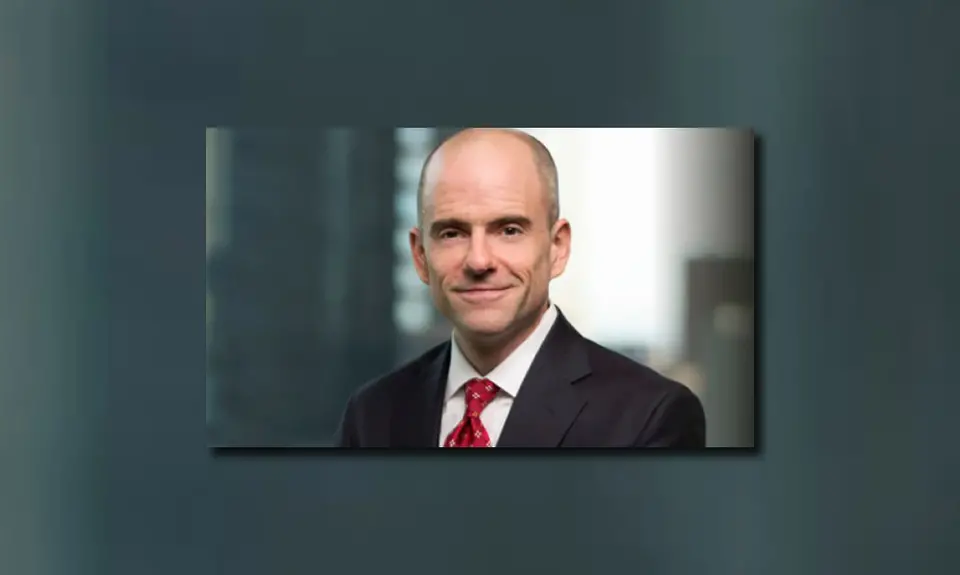“Confirmed Judges, Confirmed Fears” is a blog series documenting the harmful impact of President Trump’s judges on Americans’ rights and liberties. Cases in the series can be found by issue and by judge at this link.
In April 2020, Trump Eleventh Circuit judge Kevin Newsom authored the opinion in In re Courtney Wild in which the court determined that the Crime Victims’ Rights Act did not protect a sexual abuse victim because federal prosecutors failed to disclose that they entered into a federal immunity deal with her abuser, Jeffrey Epstein.
Courtney Wild is one of more than 30 young women and girls who was victimized by sex trafficker and child abuser Jeffrey Epstein. In 2007, after federal prosecutors drafted a federal indictment, the prosecutors entered into plea negotiations with Epstein’s attorneys and secretly agreed to a Non-Prosecution Agreement (“NPA”). The NPA granted federal immunity to Epstein and to “any potential conspirator of Epstein” in return for Epstein’s plea to two state prostitution-solicitation charges. Both parties agreed that the contents of the NPA would not be made public or disclosed to Epstein’s victims. Accordingly, Epstein’s victims were unaware that the NPA was even being contemplated or negotiated. Epstein pled guilty to the prostitution-solicitation charges in state court and served less than two years in jail.
All the while, Wild’s attorneys continued to urge the prosecutors to move forward with the federal charges against Epstein. The prosecutors never told her counsel that they had agreed to grant Epstein immunity from federal prosecution.
In 2008, Wild filed an emergency petition in district court. She alleged that she was a victim of Epstein’s federal crimes and government prosecutors violated her rights under the Crime Victims’ Rights Act (CVRA) by failing to confer with her, failing to treat her with fairness, failing to notify her of relevant court proceedings in a timely manner and failing to provide her with information about restitution. During that proceeding, Wild was finally made aware of the existence of the NPA.
The district court ordered the government to produce the NPA so that the victims and the public could learn the truth about the plea negotiations and the NPA’s grant of federal immunity to Epstein and his co-conspirators. More than 10 years of legal proceedings followed. In 2019, the district court ruled that because the U.S. Attorney’s Office entered into the NPA without first discussing it with the victims, the government violated the victims’ CVRA rights to confer and be treated fairly. The government appealed.
In a 2-1 decision written by Trump judge Newsom, the Eleventh Circuit majority held that the CVRA does not recognize victims’ rights until criminal proceedings have been initiated against a defendant. The government never filed charges or began criminal proceedings against Epstein at the time the NPA was negotiated. Therefore, according to the majority, the CVRA was never triggered.
Judge Hull strongly dissented. She pointed out that “nothing in the CVRA empowers crime victims to force a prosecutor to prosecute … what the CVRA does do is grant victims a statutory right to have an opportunity to speak to the prosecutor before the prosecutor makes that decision.” She went on to say, even “the Majority admits: ‘The interpretation of the CVRA that petitioner advances, and that the district court adopted, is not implausible; the CVRA could be read to apply pre-charge. Nothing, and I mean nothing, in the CVRA’s plain text requires the Majority’s result.’”
This case afforded Wild a chance to seek justice for the abuse she endured and for the U.S. Attorney’s Office’s failure to hold her abuser accountable. Instead, Newsom’s legal interpretation “guts victims’ rights” and denied Wild the chance to do so.
